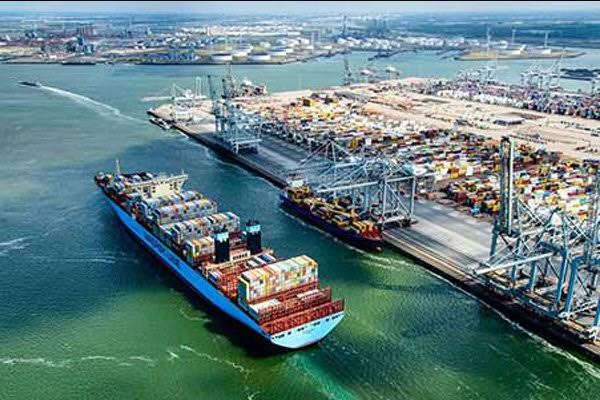The World Trade Organization (WTO) has expressed concerns regarding the high rate of physical inspections of containers at Nigerian seaports and charged the country to update its Customs procedures.
The WTO cited these high inspection rates as a significant factor contributing to trade delays and urged the federal government to review customs procedures for more timely and cost-effective practices.
During the recent sixth Trade Policy Review of Nigeria, held in Geneva, Switzerland, the WTO noted that longstanding import prohibitions on a broad range of agricultural products, along with high tariff peaks and additional levies, could exacerbate food insecurity, contribute to rising food price inflation, and negatively impact private sector investments in agriculture.
The organization also highlighted Nigeria’s backlog of notifications in various areas, including anti-dumping measures, agriculture, subsidies, state trading enterprises, quantitative restrictions, and import licensing.
The Nigerian delegation, led by Amb. Nura Rimi, the Permanent Secretary of the Federal Ministry of Industry, Trade and Investment, indicated that they would address these outstanding notifications with the technical assistance provided by the WTO Secretariat.
In his comments during the policy review session, Nigeria’s Ambassador to the WTO, Adamu Abdulhamid, who serves as the Chairperson of the WTO Trade Policy Review Body for the 2024/2025 period, emphasized that the review offered Nigeria a valuable opportunity to better understand and discuss the nation’s trade policy developments since its last review in 2017.
He noted that members of the WTO Trade Policy Review Body consistently appreciated Nigeria’s active participation and constructive role in the WTO, including the ratification of the WTO Fisheries Subsidies Agreement.
The federal government has already submitted a review of the nation’s trade policies to the WTO as part of its strategy to enhance trade efficiency.
This review aims to increase Nigeria’s share of global trade and maximize the benefits of international trade.
It follows a report by the WTO Secretariat and the federal government and marks the sixth review of Nigeria’s trading policies since it became an active member of the global trade organization in 1995.

